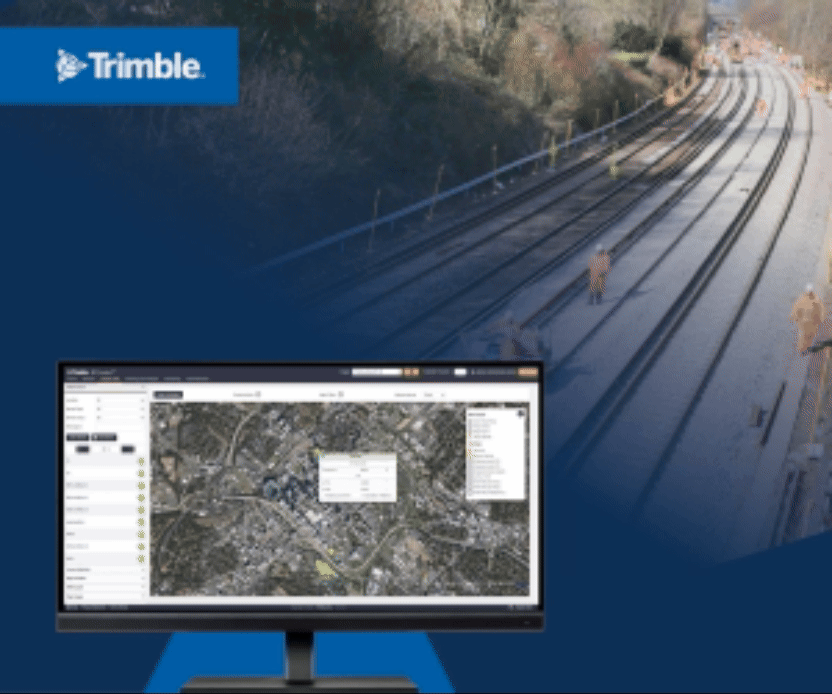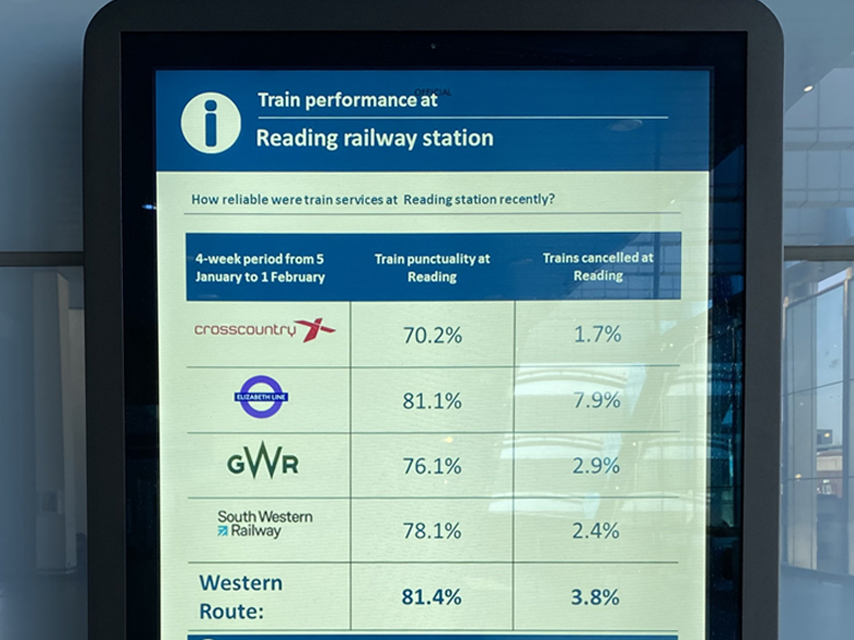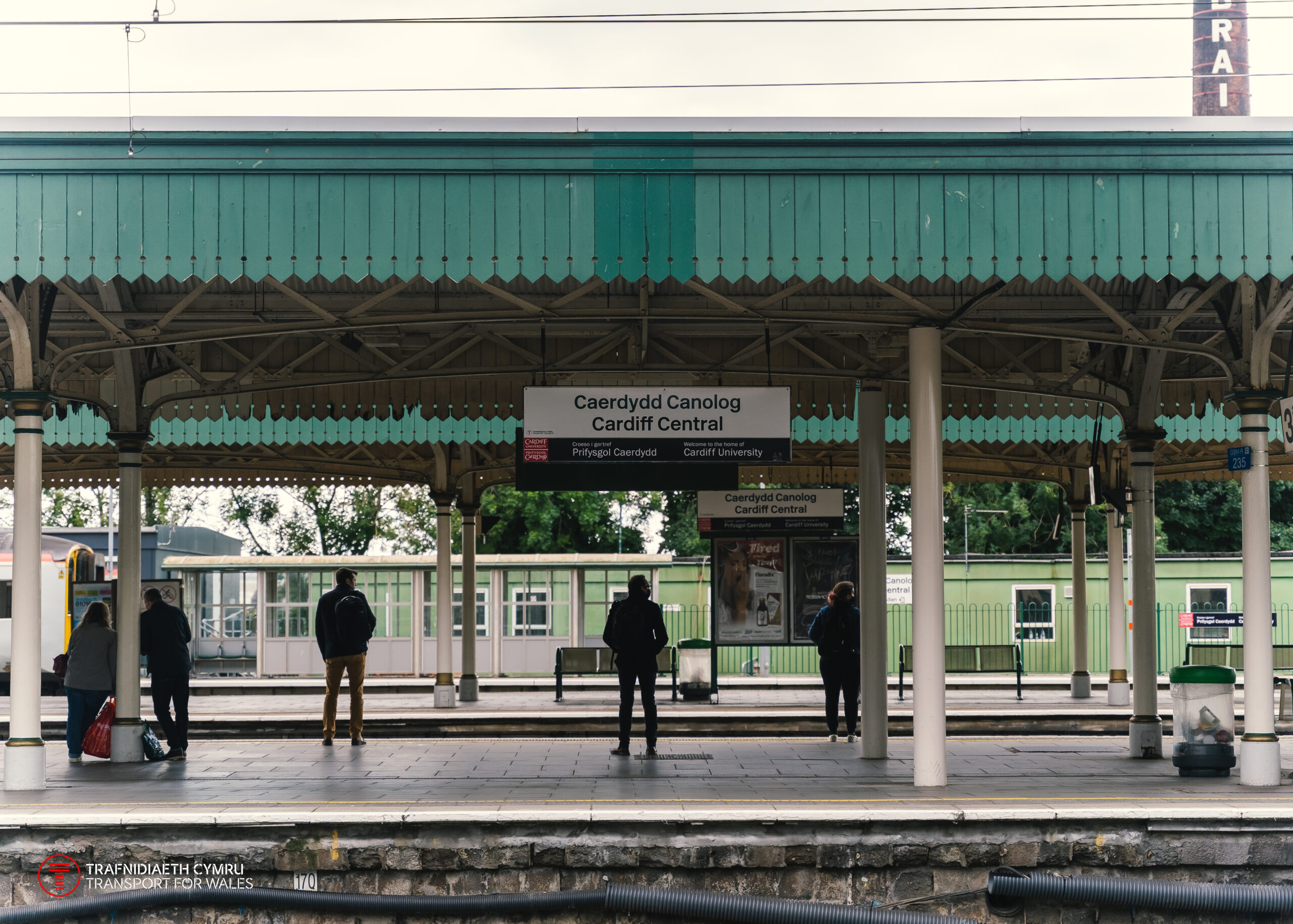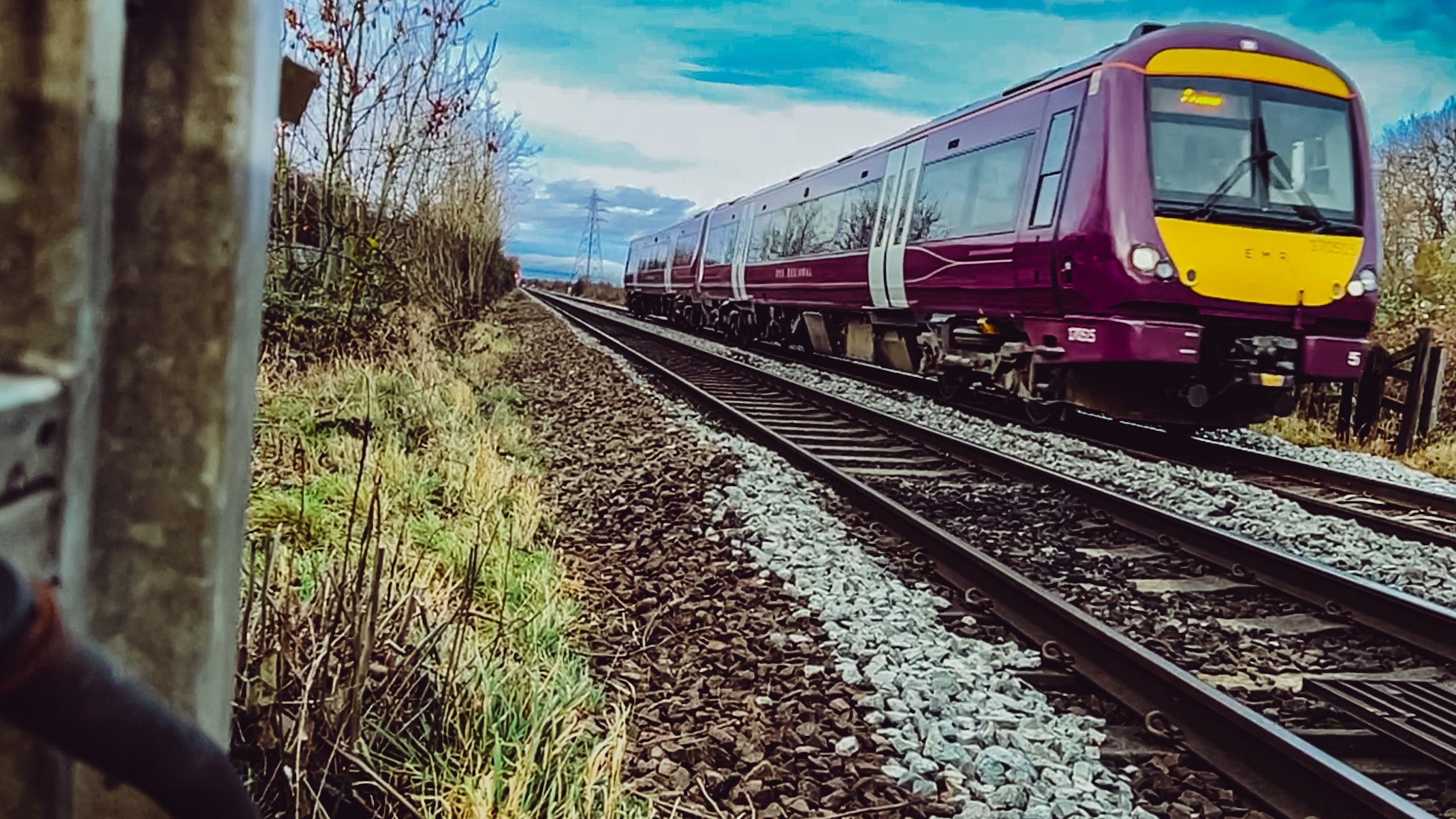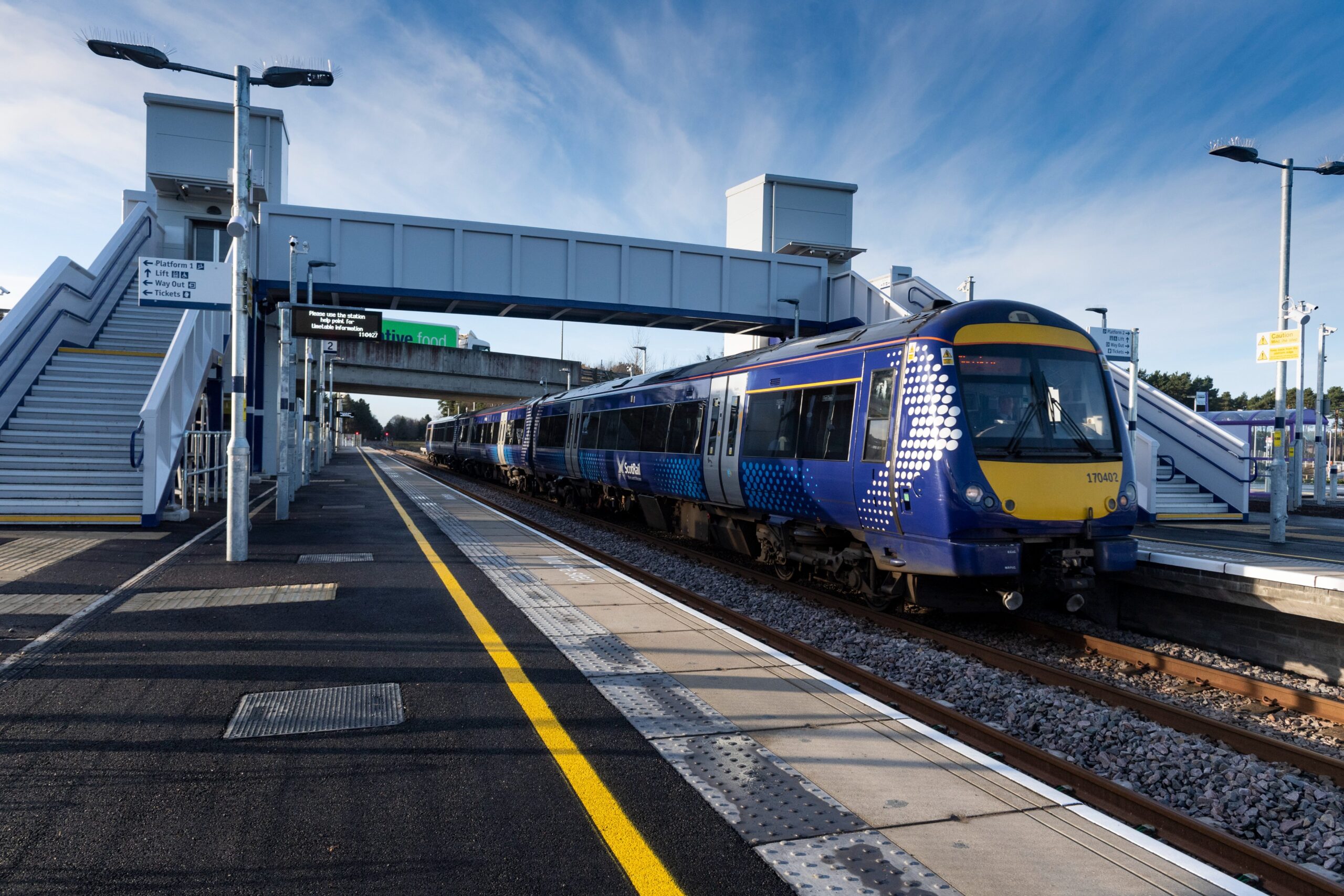On 7 February 2023, Transport Secretary Mark Harper delivered his George Bradshaw address at the Institute for Civil Engineers, in which he outlined plans to modernise the industry.
In his speech, he acknowledged the rail industry’s frustration and the wide-spread desire to “end the sense of drift” and moving away from diagnosing and re-diagnosing the industry’s problems towards fixing them. With that in mind, he affirmed that it was his priority to deliver the Williams-Shapps plan for rail as set out in May 2021.
Mr Harper said the railways weren’t fit for purpose, noting they were mired in industrial action and historically unable to deliver major improvements at good value for the taxpayer. Consequently, he said, the railways were in need of fundamental reform.
The Transport Secretary pointed to the industry’s underlying issues, as put forward in the Williams Rail Review: “A fragmented structure that quickly forgets the customer. Decision making with too little accountability, but with too much centralisation. And a private sector rightly criticised for poor performance but with too few levers to change it,” he said.
He went on say that Sunday services depend on drivers volunteering for overtime, “Which means, despite best efforts, we can’t run a reliable 7-day-a-week railway”. Mr Harper said part of the reform of the railways had to be modernising working practices.
He had strong words for the financial situation of the railways, worsened by the pandemic: “operating the railways is currently financially unsustainable and it isn’t fair to continue asking taxpayers to foot the bill”. This funding model, he felt, largely helped commuters in the south-east of the country and came at the expense of other “vital transport upgrades”. Further, he said “the Department for Transport isn’t the ‘Department for Railways'”.
Customers First
So how can the finances of the rail industry be fixed? According to Mr Harper, with a customer-first culture that includes reliable services, comfortable journeys and accessible stations, but importantly also fares and ticketing. It is widely acknowledged that rail ticketing is extremely and unnecessarily complex. The Transport Secretary confirmed the extension of Pay-As-You-Go ticketing with 52 stations across the south-east likely to be completed this year. The aim is to offer single fares rather than return fares so that a single leg would always be half the price of the equivalent return. Additionally, demand-based pricing would be implemented on some LNER services as a trial, by way of learning from the aviation sector.
Transport Secretary Mark Harper:However, turning towards customers requires us to turn away from the current industry structure. So, we will establish Great British Railways, or GBR.
Great British Railways
Responding to industry calls for a “guiding mind”, GBR will be responsible for track and train as well as revenue and cost, treating the industry as one system, rather than a fragmented one. GBR is to act as a single point of accountability for performance. Importantly, the GBR Transition Team would develop the “guiding long-term strategy for rail”. This is to be published later in 2023 to provide strategic direction for the industry.
The Role of the Private Sector
The Transport Secretary went on to say he wanted to enhance the role of the private sector, which he saw as central to the future of the railways. He called the current National Rail Contracts “overcentralised”, saying they were “a short-term fix that has helped steer the industry through the pandemic”. Instead, there are to be Passenger Service Contracts, which will “balance the right performance incentives with simple, commercially driven targets”.
Mr Harper also said that the government would support more open access services such as Hull Trains, Grand Central and Lumo, which he said would play an important role in the industry’s future.
Responding to the Transport Secretary’s speech, Darren Caplan, Chief Executive of the Railway Industry Association (RIA), which represents the rail supply industry in the UK, said that “The clarity provided in the Transport Secretary’s speech today goes some way to providing reassurance on the issues of preventing a hiatus in work, more transparency and partnership with the private sector. The commitment to publish a long-term strategy for rail later this year is also very welcome. However, more still needs to be done to ensure there is a smooth and visible pipeline of work, and that rail suppliers are represented in plans to develop the pipeline, during what will be a period of significant change for the industry going forward.”





